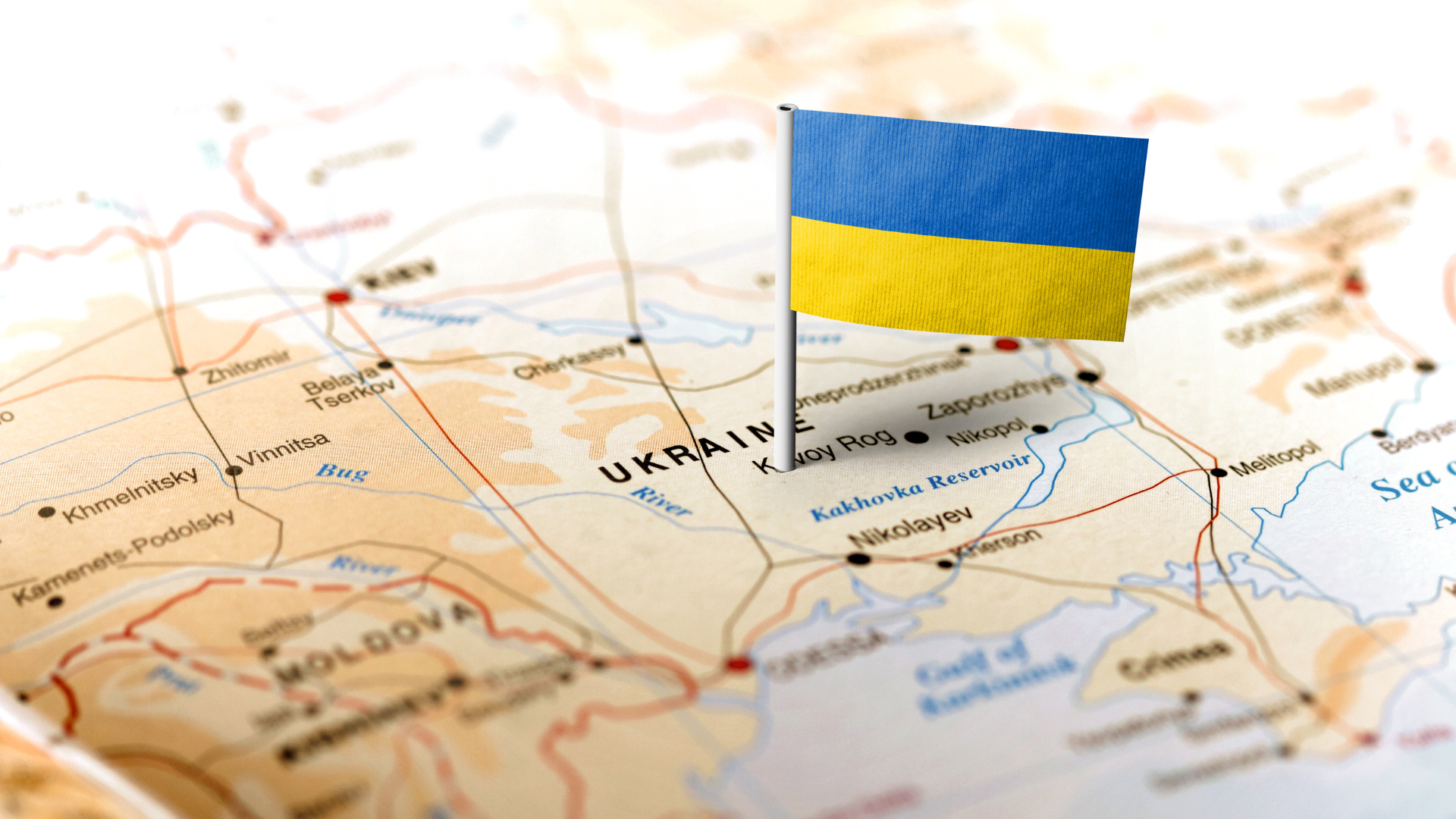UK opposition leader Keir Starmer emphasized that the future of Ukraine is an existential issue for Europe, underlining the broader geopolitical and economic stakes tied to the ongoing conflict. His remarks highlight growing concerns over regional stability, security, and long-term economic consequences.
Speaking on the matter, Starmer stressed that Europe cannot afford to waver in its support for Ukraine, as the outcome of the war will shape the continent’s security landscape for years to come. His comments come amid continued discussions about military aid, economic sanctions on Russia, and Europe’s ability to maintain a united front in the face of prolonged conflict.
The war has already had significant economic repercussions, disrupting global energy markets, increasing defense spending across Europe, and putting pressure on supply chains. Inflationary pressures driven by rising commodity prices and uncertainty over future trade relations remain key concerns for policymakers.
Financial markets have responded to geopolitical risks with caution. The British pound and euro have shown sensitivity to developments in the war, while investors closely monitor political shifts in the UK and EU that could influence economic policies. Starmer’s stance suggests a commitment to maintaining strong support for Ukraine, a position that could have implications for future UK-EU relations and potential trade agreements.
With elections on the horizon, Starmer’s comments also reflect the UK Labour Party’s approach to foreign policy and economic strategy. His call for a firm stance on Ukraine may shape voter sentiment, particularly as economic and security concerns remain at the forefront of public discourse.
As Europe navigates the evolving crisis, markets will continue to assess how prolonged geopolitical tensions affect business confidence, investment flows, and broader economic stability. The coming months could prove decisive, with policy decisions playing a critical role in shaping Europe’s financial and political future.













